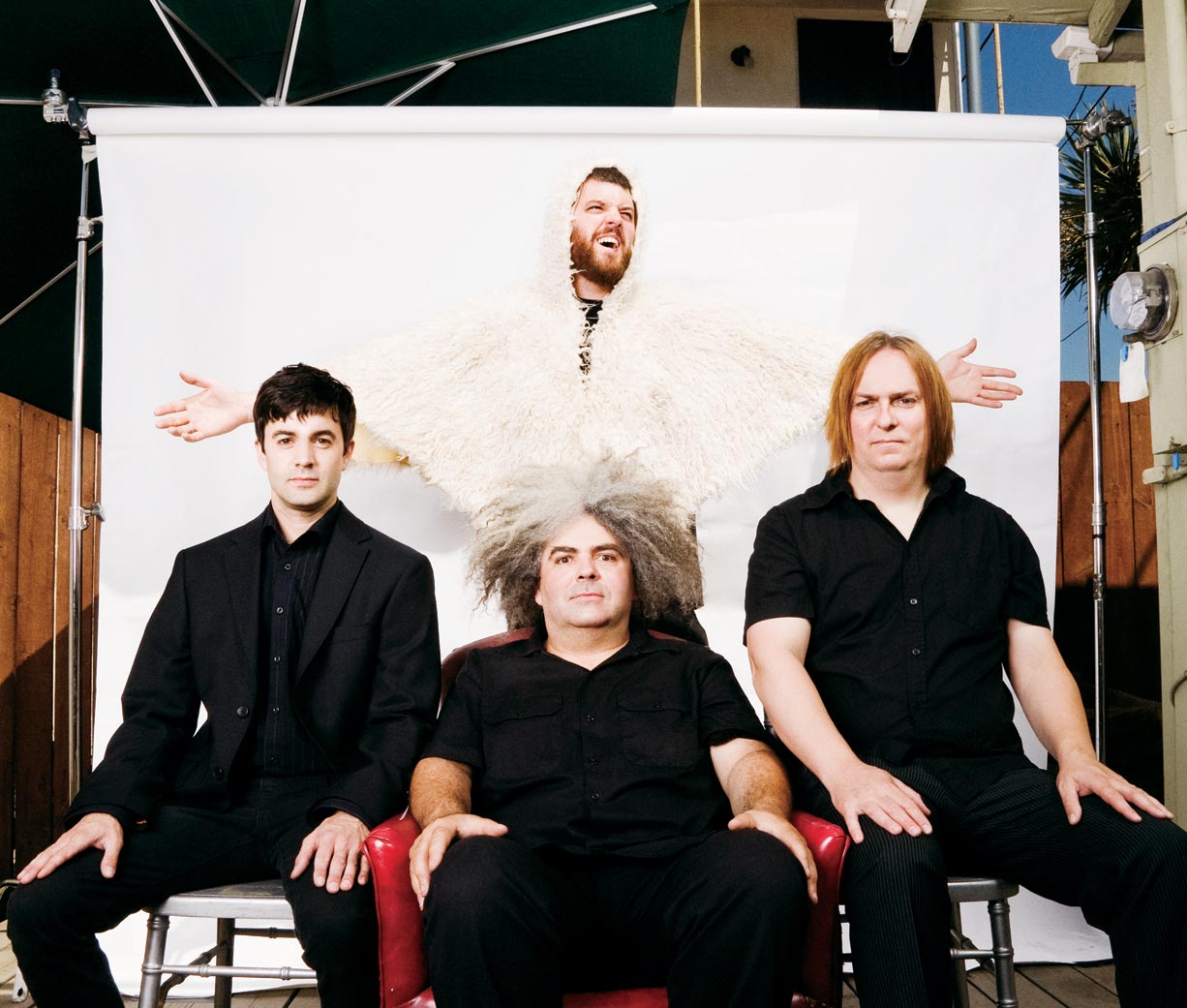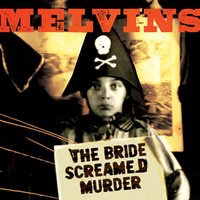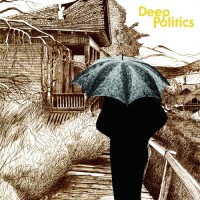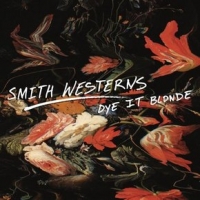 The War on Drugs: Future Weather EP (Secretly Canadian, 10/26/10)
The War on Drugs: Future Weather EP (Secretly Canadian, 10/26/10)
The War on Drugs: “Comin’ Through”
[audio:https://alarm-magazine.com/wp-content/uploads/2011/03/cominthrough.mp3|titles=The War on Drugs: “Comin’ Through”]
Though it won’t be the top result in a typical Internet search, Philadelphia-based The War on Drugs is definitely taking the title of America’s longest-running, most counter-productive conflict and making it its own. Aside from the very specific cultural reference and obvious inclination toward psychedelia, “The War on Drugs” is a vague band name — referentially devoid of musical context. That’s exactly why singer-songwriter Adam Granduciel was first attracted to the name when he came up with it years ago, drinking wine with a friend in Oakland, California.
Almost 10 years later, Granduciel and The War on Drugs use a discordant miasma of oblong and tangled tape-loops, anxious drum beats, gnarled knots of guitar riffs, and a dissociative lyrical narrative to speak to forgotten, lovelorn have-nots. The trio has undergone various lineup tweaks, including the subtraction of band co-founder Kurt Vile to his solo project, but it has continued to successively build upon its uncanny sound with each new release.
On its most recent release, Future Weather, the group’s sound moves away from the classic-rock influences to more ambient landscapes where Granduciel can better articulate the lachrymose environment that surrounds him. Yet, through the course of the album, The War on Drugs ultimately ends up in the same rustic dust storm of a musical illusion that it started in: translating the hum of a busy train station, crafting nomadic anthems for vagabond romantics with enough self-awareness and ambition to stave off desperation.
In advance of a North American tour with Destroyer, Granduciel recently took some time to answer a few questions about The War on Drugs, its “Americana” sound, and how it’s really just a kind of jam band.
From the live shows that I’ve seen, there seems to be a somewhat raw or spontaneous musical aesthetic rather than a polished one. Does that play a factor in how you prepare for live shows? Do you like to work out songs in a live setting as a way of making each show different from the last?
I don’t know which shows you saw because, really, it probably went one of two ways — the other way being legendarily sloppy, yet hopefully somewhat inspiring. We don’t really over-rehearse, though — just jam the songs for a few days before a tour, and things usually come together pretty quickly. After our practices for this tour, I’m really, really excited for the growth that we’ll see on this Destroyer tour.
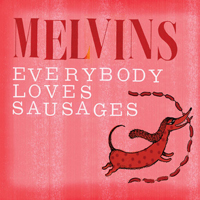 (The) Melvins: Everybody Loves Sausages (Ipecac, 4/30/13)
(The) Melvins: Everybody Loves Sausages (Ipecac, 4/30/13)


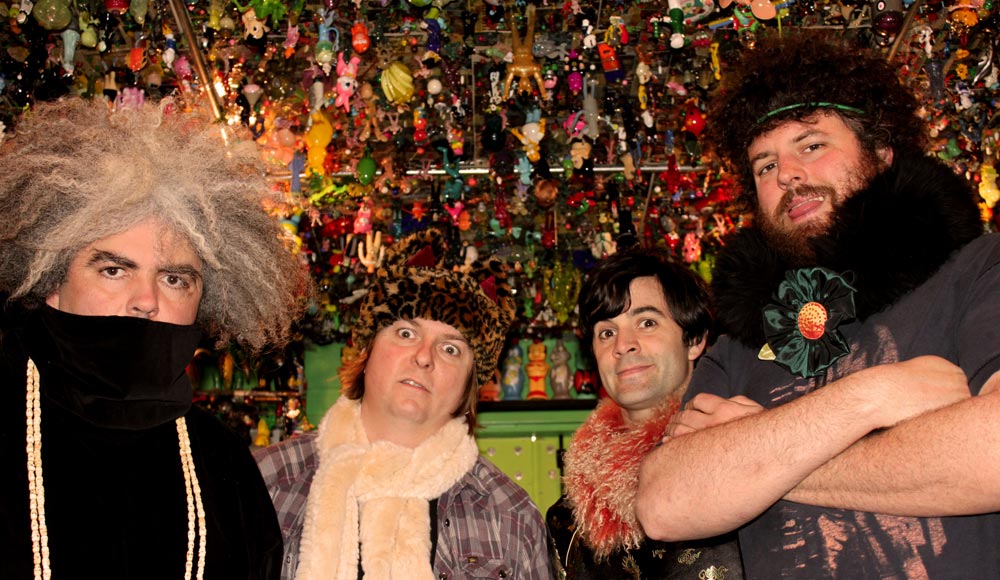
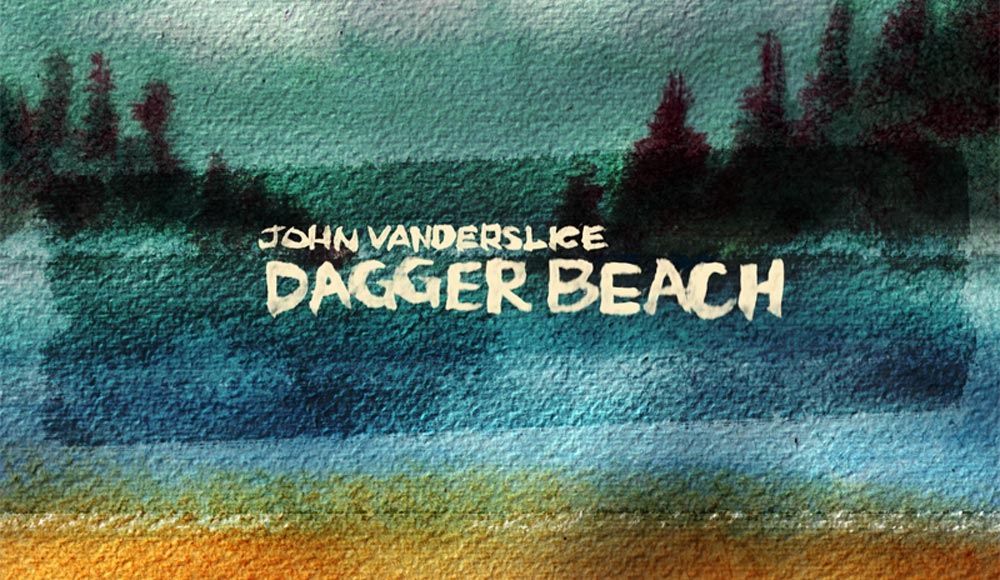
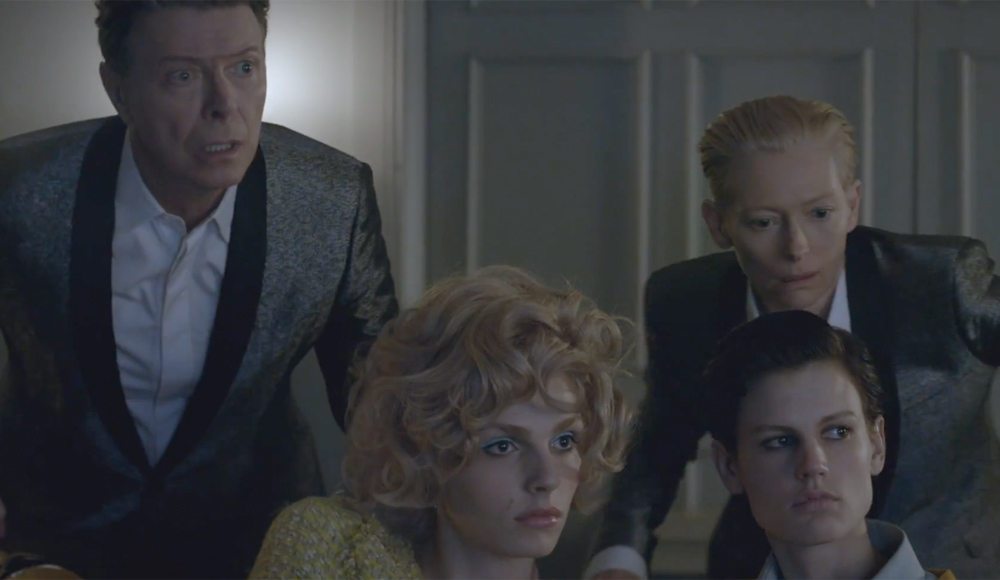

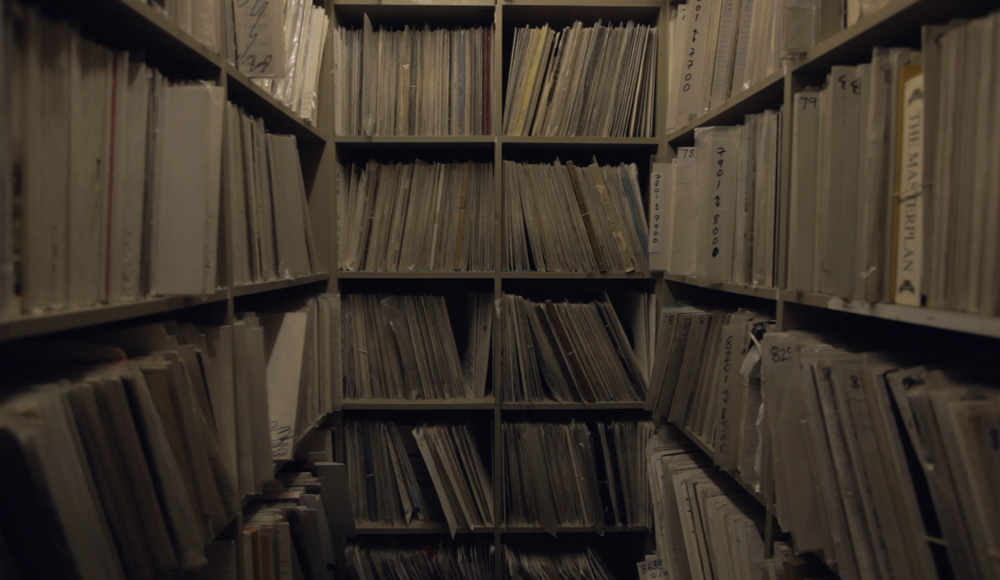
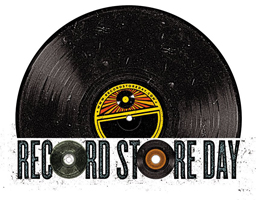 Record Store Day
Record Store Day